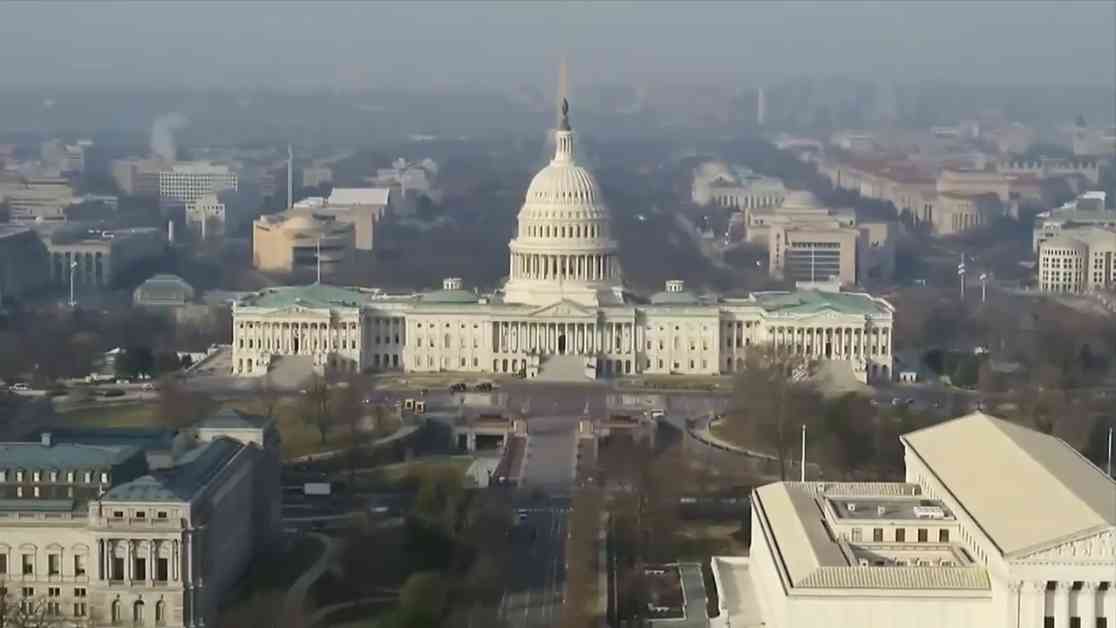Republicans have taken control of the U.S. Senate after winning several key seats from the Democrats. This victory marks the first time in four years that the GOP has held a majority in the Senate. The battleground state of Nebraska played a significant role in tipping the scales in favor of the Republicans, with incumbent GOP Sen. Deb Fischer fending off a strong challenge from independent newcomer Dan Osborn.
In addition to Nebraska, Republicans also flipped a seat in West Virginia with the election of Jim Justice, who succeeded retiring Sen. Joe Manchin. However, Democratic efforts to unseat prominent Republicans such as Ted Cruz of Texas and Rick Scott of Florida were unsuccessful. Cruz’s victory in Texas was particularly notable, as the state has not elected a Democrat statewide in nearly three decades.
The race between Democratic Sen. Sherrod Brown and Republican Bernie Moreno in Ohio was closely watched, as Moreno’s win put the Democrats at risk of losing control of the Senate. The Ohio race was one of the most expensive of the cycle, with millions of dollars spent by both parties.
The focus now shifts to key Democratic strongholds like Pennsylvania, Michigan, and Wisconsin, where Democrats are fighting to maintain their Senate seats. The outcome of these races, along with a few others, will determine which party holds the majority in the Senate.
Several historic wins were also observed in this election, with voters electing two Black women, Lisa Blunt Rochester of Delaware and Angela Alsobrooks of Maryland, to the Senate for the first time. In New Jersey, Andy Kim became the first Korean American elected to the Senate. These victories reflect the increasing diversity in American politics.
The results of the House and Senate races are crucial, as they will impact the balance of power in Congress and influence the direction of the country’s policies. The stakes are high, with control of Congress determining the ability to support or block the president’s agenda.
As the country awaits the final outcomes of the remaining races, the impact of this election on the future of American democracy is significant. The results will shape the legislative landscape for years to come, with potential implications for key issues such as the economy, immigration, and the protection of democratic norms.
Overall, this election has highlighted the deeply divided political climate in the United States and underscored the importance of civic engagement in shaping the nation’s future. Regardless of the outcome, the results of this election will have far-reaching consequences for the country as a whole.


